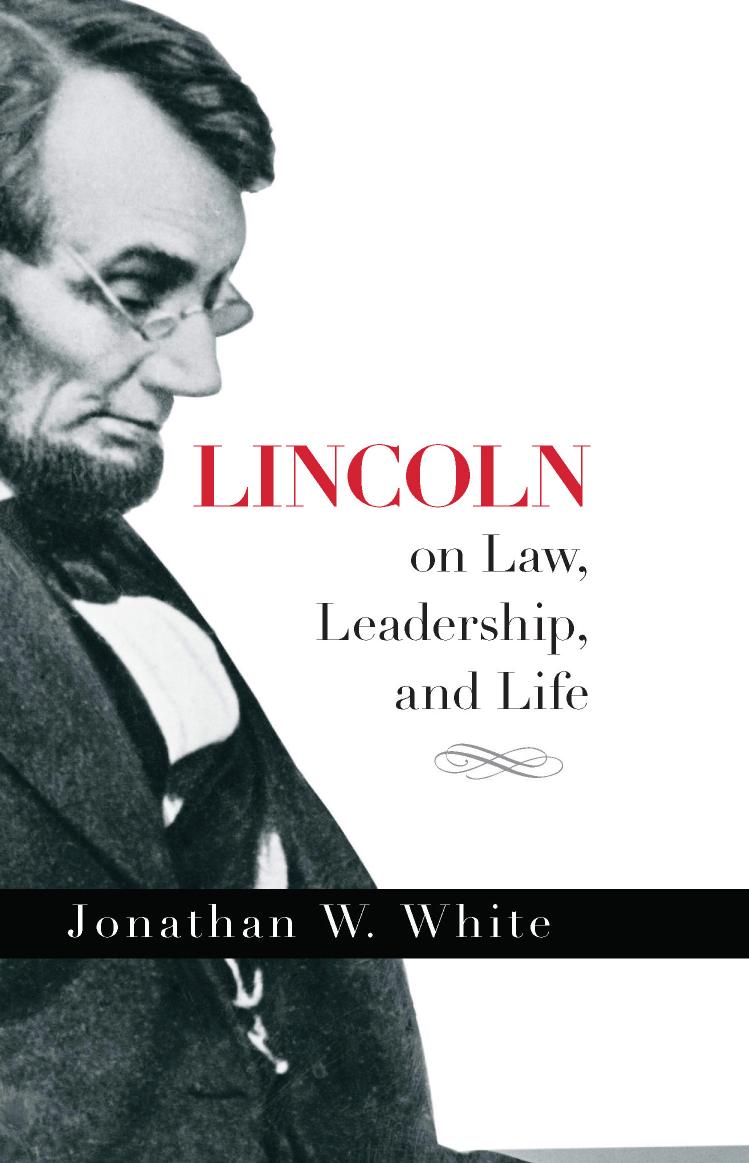Lincoln on Law, Leadership, and Life by Jonathan White

Author:Jonathan White
Language: eng
Format: epub, pdf
Publisher: Sourcebooks
Published: 2014-03-13T16:00:00+00:00
Fortunately, filing systems have improved over the past century and a half. Nevertheless, and despite these shortcomings, Lincoln proved a diligent advocate for his clients. He was always well prepared when he walked into the courtroom.
The Coles County Courthouse in Charleston, Illinois, in which Lincoln argued many cases. Courtesy of the Library of Congress.
CHAPTER 5
“ON RISING TO ADDRESS THE JURY”
Lincoln in the Courtroom
Lincoln was a master when standing before a jury. He used stories, humor, exhibits, and pure logic to sway the men in the jury box to his side. His second law partner, Stephen T. Logan, recalled that Lincoln was skilled in “getting the good will of juries” by putting “himself at once on an equality with everybody.” Another of Lincoln’s associates reminisced, “A stranger going into a court when he was trying a case would after a few minutes find himself instinctively on Lincoln’s side and wishing him success.”
Lincoln had a knack for connecting with juries, just as though he were speaking with old friends in the neighborhood. His approach to public speaking exuded candor and integrity, and his honest disposition frequently won jurors over to his side. “He never talked long,” remembered John Strong of Atlanta, Illinois. “In stating a disputed proposition he would say, not, ‘This is the way it is,’ but ‘This is the way it seems to me,’ thus allowing for an honest difference of opinion.”
William H. Herndon recalled advice Lincoln had given him regarding how to address a jury:
Don’t shoot too high. Aim lower, and the common people will understand you. They are the ones you want to reach—at least they are the ones you ought to reach. The educated and refined people will understand you, anyway. If you aim too high, your ideas will go over the heads of the masses and only hit those who need no hitting.
An old acquaintance from the Illinois legislature had a similar experience with Lincoln. “He had great natural clearness and simplicity of statement,” said Joseph Gillespie. “He despised everything like ornament or display and confined himself to a dry bold statement of his point and then worked away with sledge-hammer logic at making out his case.” Another Illinois attorney praised Lincoln’s ability to “disentangle” a complicated case “and present the real issue in so simple and clear a way that all could understand.” This ability to be concise and clear was Lincoln’s “great secret as an orator,” recalled Leonard Swett:
When Lincoln had stated a case, it was always more than half argued and the point more than half won. The first impression he generally conveyed was, that he had stated the case of his adversary better and more forcibly, than his opponent could state it himself. He then answered that state of facts fairly and fully, never passing by, or skipping over a bad point. When this was done, he presented his own case. There was a feeling when he argued a case, in the mind of any man who listened to him, that nothing
Download
Lincoln on Law, Leadership, and Life by Jonathan White.pdf
This site does not store any files on its server. We only index and link to content provided by other sites. Please contact the content providers to delete copyright contents if any and email us, we'll remove relevant links or contents immediately.
| American Revolution | Civil War |
| US Presidents |
Fanny Burney by Claire Harman(25795)
Empire of the Sikhs by Patwant Singh(22188)
Out of India by Michael Foss(16317)
Leonardo da Vinci by Walter Isaacson(11927)
Small Great Things by Jodi Picoult(6112)
The Six Wives Of Henry VIII (WOMEN IN HISTORY) by Fraser Antonia(4801)
The Wind in My Hair by Masih Alinejad(4430)
The Lonely City by Olivia Laing(4133)
The Crown by Robert Lacey(4120)
A Higher Loyalty: Truth, Lies, and Leadership by James Comey(4044)
The Iron Duke by The Iron Duke(3655)
Millionaire: The Philanderer, Gambler, and Duelist Who Invented Modern Finance by Janet Gleeson(3577)
Sticky Fingers by Joe Hagan(3459)
Alive: The Story of the Andes Survivors by Piers Paul Read(3324)
Papillon (English) by Henri Charrière(3283)
Joan of Arc by Mary Gordon(3272)
Stalin by Stephen Kotkin(3095)
Aleister Crowley: The Biography by Tobias Churton(3031)
Ants Among Elephants by Sujatha Gidla(2930)
